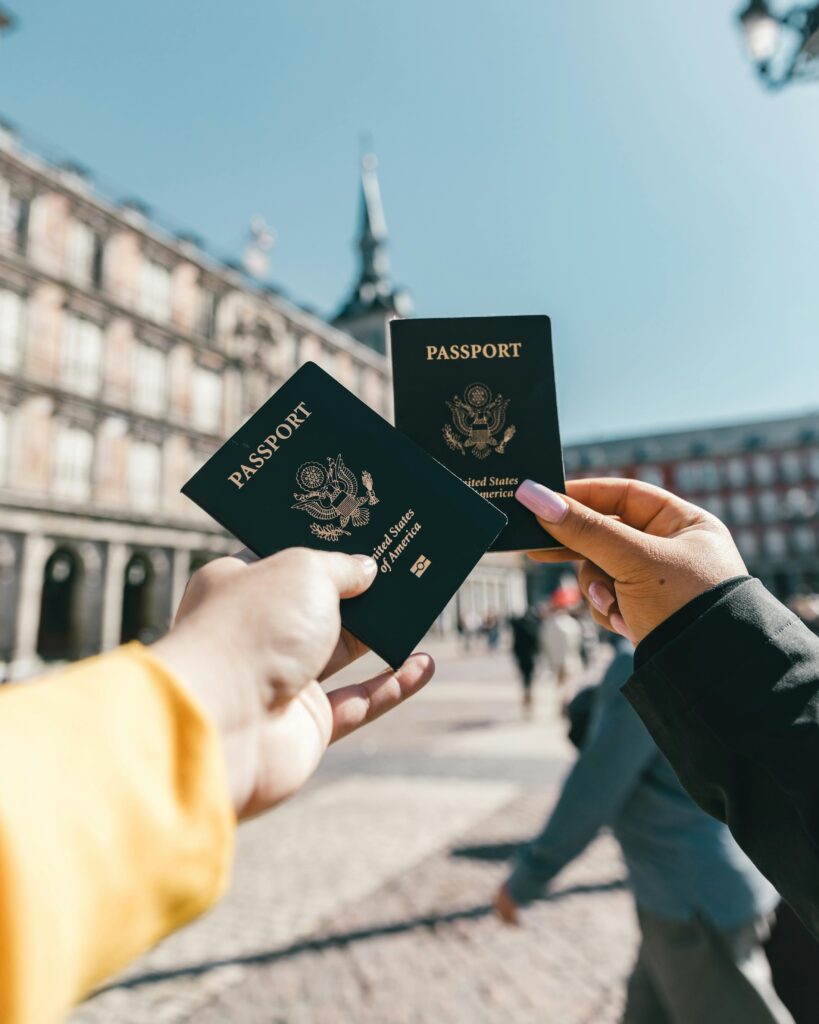Understanding Visa Denials and How to Avoid Them

Getting a visa is a wonderful but stressful experience. If you are to study, work, invest, or just visit, the denial of a visa feels like a harsh setback. To know why visas are denied and how to avoid the common mistakes is to go a long way toward success. In this tutorial, we will provide the reasons visas get denied, how to steer clear of them, and how to recover if your application gets denied.
Why Visas Get Denied
- Incomplete Applications
Complete, clear, and accurate information is what visa officers require. If your application is incomplete or has discrepancies, it could be enough reason for an automatic refusal.
Typical issues:
- Missing forms
- Untranslated documents
- Discrepancies between forms
Solution:
Create a checklist from the embassy's website or your visa counselor's advice, and verify everything twice before submitting.
- Failure to Provide Proof of Financial Support
Governments must be assured that you will not become a financial burden. If you cannot demonstrate that you have enough money to look after yourself (and your family, if applicable), your visa will be denied.
Documentation you may need:
- Bank statements
- Affidavits of support
- Scholarship letters
- Income tax returns
Solution:
Maintain up-to-date financial documents and, if required, attach a detailed financial plan explaining your sources of income and expenses abroad.
- Lack of Strong Ties to Home Country
One of the most frequent grounds for denials of tourist and student visas is that the applicant has no intention to go back home. Officers look for strong ties in the form of employment, property ownership, family, or enrollment in school.
Solution:
Demonstrate;
- Job offers/contracts
- Family obligations
- Real estate ownership
- Proof of continued studies
- History of Immigration Misconduct
If you previously overstayed a visa, worked illegally, or have a history of prior deportations, it will go strongly against you.
Solution:
Own your record. In some cases, waivers can be given depending on country and severity of offense.
5. Criminal Record
Serious crimes can make you inadmissible, but not all offences lead to automatic disallowance.
Solution:
Get an immigration attorney if you have a history. Small offences may require supporting evidence and explanation.
- Poor Interview Performance
A personal interview is required for most visa types. Nervousness, being evasive, or appearing to be dishonest may lead to denial.
Solution:
Practice! You are familiar with your case and stay calm. Always tell the truth and plainly.
Avoiding a Visa Denial
Step 1: Know Your Visa Type Requirements
Each visa type (tourist, student, investor, etc.) has requirements that need to be fulfilled. Carefully read through them and organize yourself in accordance.
Example:
When you want to apply for a U.S. B1/B2 visitor visa, you must provide proof of purpose of visit, availability of money, and relationship with the country. Lacking any of them diminishes your claim.
Step 2: Provide Solid Evidence
Avoid relying solely on spoken assurance. Provide neat, professional evidence attesting to your statement.
Tip:
Keep papers neat and in an orderly sequence. Officials appreciate easily accessible evidence.
Step 3: Prepare for the Interview
Treat your interview seriously. Wear formal clothes, arrive on time, and bring a copy of your application.
Sample questions:
- Why are you visiting?
- How will you pay for your visit?
- What holds you attached to your country of origin?
Practice answering briefly and clearly.
Step 4: Get Professional Help if Needed
If your situation is complicated (e.g., prior denials, criminal history, immigration violations), working with a qualified visa consultant or immigration attorney can make a difference.
What to Do If Your Visa Is Denied
- Read the denial letter attentively: The consulate usually gives the reason on specific legal grounds.
- Check whether you can appeal or not: Certain countries allow visa appeals or reapplying after a delay.
- Correct the issue: If your denial was because of finances, for example, work on making your financial evidence stronger.
- Seek the help of a professional: At times small changes can convert a rejection into an approval.
Final Thoughts
Visa refusal is disappointing, but it need not be the end of the story. Learning what primarily leads to visa refusal and carefully preparing, you can provide a good, credible application that tips heavily in your favor. Remember: candor, preparation, and advice from an expert are your best allies.















